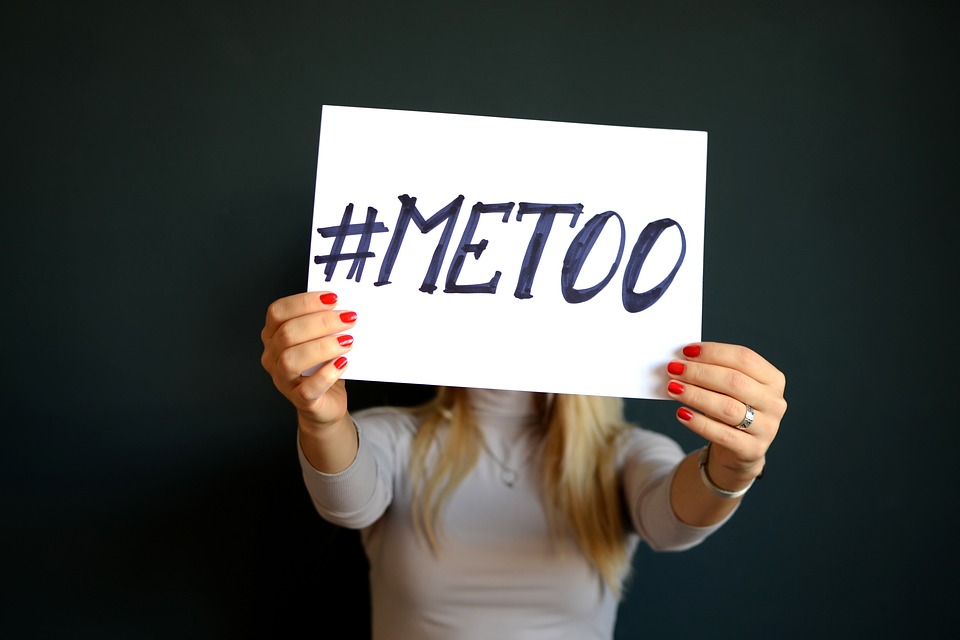Some people look at me funny when I mention WNYC as my preferred news station. I can’t say I agree with everything they broadcast, but I do find them to be informative and engaging.
You can imagine, then, how shocked — or unfortunately not so shocked — I was when WNYC joined the “me too” storm alleging sexual allegations against the legendary John Hockenberry. Mr. Hockenberry was the co-founder and host of The Takeaway on WNYC for nearly a decade.
Leaving my office at LIU Post, I heard that Laura Walker, the president and CEO of New York Public Radio, was scheduled to be on the Brian Lehrer show to discuss the station’s response to the sexual misconduct and bullying allegations against John Hockenberry. As I drove to Hillwood Commons for common hour, I listened as Brain Lehrer grilled Laura Walker. I lingered in the car listening to how uncomfortable Laura Walker seemed.
I couldn’t help but sense that Ms. Walker deeply regretted her handling of the allegations, and would have acted differently had she known she would be required to come on air with Brian Lehrer to explain and defend her response to these allegations.
I started thinking to myself: How often do we all act like Ms. Walker? How often do we rationalize our ways of acting and living?
We, as human beings, are very resourceful when it comes to excusing our own actions. We all have a conscience, and we either spend time being honest with ourselves or we spend time denying our own truths.
In his amazing book The Path of the Just, the Kabbalist, Rabbi Moshe Chaim Luzatto (1707-1746) spends four entire chapters on exactly this point. He explains how a lack of time contemplating and monitoring our actions to determine whether they are good or not puts us in grave danger of acting in ways we would not want to be remembered. He says we are like a blind person walking on the edge of a cliff.
In other words, we are virtually certain to stumble.
We all have cravings for honor and wealth. We are all very concerned about our social standing and reputation. This leads us to rationalize our actions to reach these “lofty” goals. ‘
Perhaps a good litmus test when looking at how we act is to ask ourselves “How would I act if this was a ‘me too’ campaign?” “How would I act if I knew there were investigative reporters uncovering everything I do?” “How would I act if my actions were to make it to the front page of The New York Times?”
It’s important to realize that one day we will stand in front of G-D, the King of all Kings, and we will give an accounting of our lives. There are no rationalizations in Heaven, and everything is on the table for all to see.
Do we want to be hemming and hawing like Laura Walker, or to be comfortable and confident in the ways we acted in life? When we look back and review our day, our week, and our year, do we see someone who spent their energies being honest with their conscience or burying it?


























